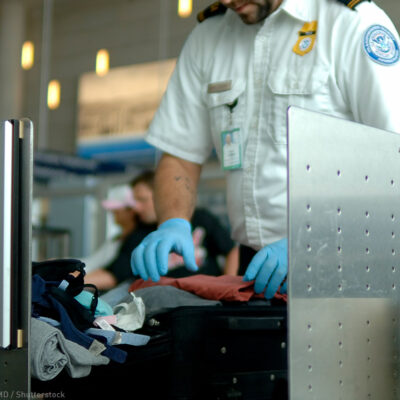Bio
Nathan Freed Wessler (@NateWessler) is a deputy director with the ACLU’s Speech, Privacy, and Technology Project, where he focuses on litigation and advocacy around surveillance and privacy issues, including government searches of electronic devices, requests for sensitive data held by third parties, and use of surveillance technologies. In 2017, he argued Carpenter v. United States in the U.S. Supreme Court, a case that established that the Fourth Amendment requires law enforcement to get a search warrant before requesting cell phone location data from a person’s cellular service provider.
Nate was previously a staff attorney in the Speech, Privacy, and Technology Project and legal fellow in the ACLU National Security Project. Prior to that, he served as a law clerk to the Hon. Helene N. White of the U.S. Court of Appeals for the Sixth Circuit. Nate is a graduate of Swarthmore College and New York University School of Law, where he was a Root-Tilden-Kern public interest scholar. Before law school, he worked as a field organizer in the ACLU’s Washington Legislative Office.
Featured work
May 29, 2019
The Government Needs to Get a Warrant if It Wants Access to Our Private Health Information

May 21, 2019
Our Cars Are Now Roving Computers. Is The Fourth Amendment Ready?

Apr 30, 2019
We Got U.S. Border Officials to Testify Under Oath. Here’s What We Found Out.
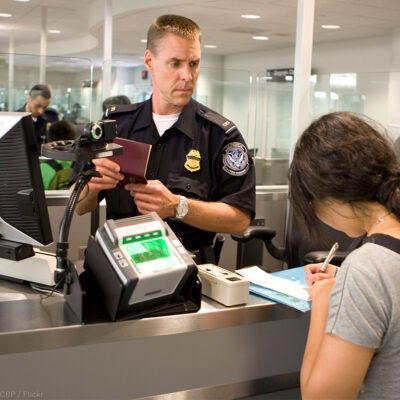
Mar 12, 2019
Florida Is Using Facial Recognition to Convict People Without Giving Them a Chance to Challenge the Tech
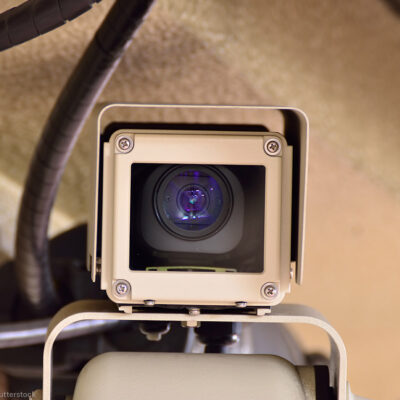
Feb 8, 2019
Ruling Is a Warning to Companies Collecting Biometric Scans Without Permission
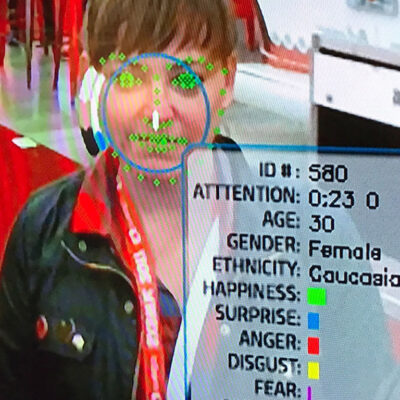
Dec 18, 2018
People Should Be Allowed to Sue Facebook If It Violates Law on Face Recognition Privacy

Sep 5, 2018
The Supreme Court's Big Privacy Ruling Sent a Message. Will Judges Hear It?
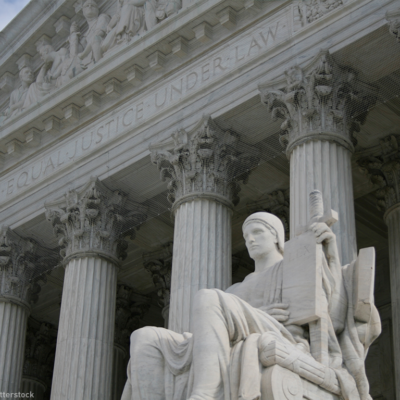
Jun 22, 2018
The Supreme Court’s Groundbreaking Privacy Victory for the Digital Age

May 11, 2018
Company That Handles Prison Phone Calls Is Surveilling People Who Aren’t in Prison

May 10, 2018
For Second Time in 2 Days, Federal Court Upholds Constitutional Rights at the Border
